
The Importance of Money in Our Democratic Economies
A world without cash probably won’t make crime go down or bring in more taxes for governments. However, it could mean less privacy, fewer options for how you pay, and might leave some people out of the economy.
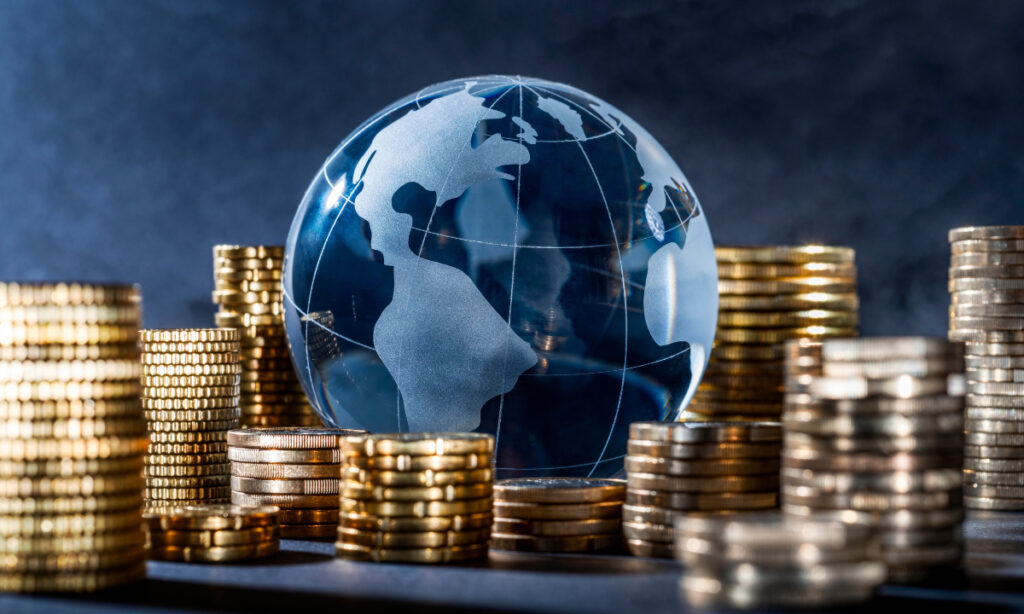
The Indicator podcast from Planet Money on NPR recently talked about these problems in an episode called ‘A Cashless Cautionary Tale.‘
The hosts, Darian Woods and Wailin Wong, begin by talking about India’s 2016 demonetization. They describe it as a “huge experiment” where the government decided to make 86 percent of the country’s paper money useless in an attempt to collect more taxes.
The government suddenly declared that the two highest-value currency notes were no longer valid, which meant people had to either spend their money quickly, exchange it for smaller notes, or deposit it into a bank account.
Because of the short notice and the various reasons people held cash, like not having a bank account or saving money privately, not everyone could do this.
In an increasingly digital world, the notion of a cashless society may seem enticing, promising convenience and efficiency. However, the reality is more complex. Going cashless is unlikely to significantly reduce crime or boost tax revenue for governments. Instead, it brings concerns about privacy, limited payment choices, and the potential exclusion of certain individuals from the economy.
Recently, the podcast “The Indicator” by Planet Money on NPR delved into these issues in an episode titled “A Cashless Cautionary Tale.” Hosted by Darian Woods and Wailin Wong, the episode began by examining India’s bold move in 2016, characterized as “a massive experiment to invalidate 86 percent of the country’s paper currency” with the aim of increasing tax revenue.
This abrupt decision by the Indian government rendered the two highest-denomination bills worthless, leaving people with no option but to spend their cash, exchange it for smaller bills, or deposit it into a bank account. However, this posed a significant challenge for many, especially those without bank accounts or those trying to save money privately.
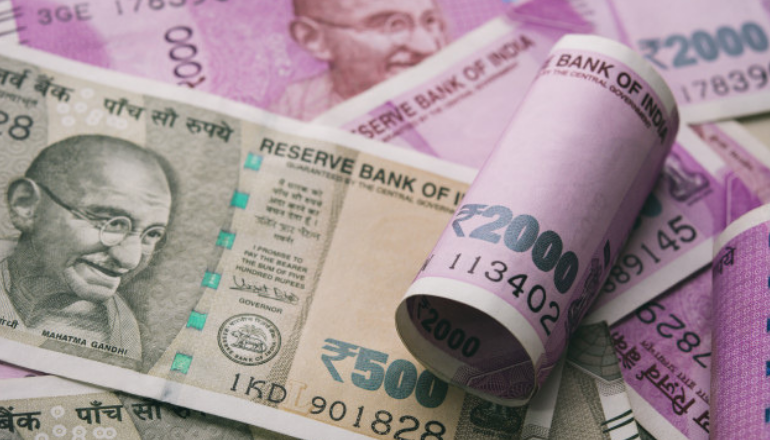
Moving beyond India, the hosts spoke to Jay Zagorsky, an Associate Professor at Boston University’s Questrom School of Business, who shed light on the broader implications of a cashless society, including budgeting, privacy, and economic inclusion.
The physicality of cash makes it easy to count and monitor spending. Younger generations are even reviving the practice of “cash stuffing” to keep better track of their finances. The act of spending cash also invokes a psychological “pain” that discourages frivolous spending.
Moreover, concerns about privacy arise when using cashless payments, as providers log every transaction and often sell user data to third parties. Accessibility is also an issue, with individuals on low incomes or with a history of financial problems struggling to open bank accounts due to a lack of personal identification.

In the end, cash offers a level of choice that benefits people regardless of income, age, or social status. Maintaining cash alongside cashless options ensures that everyone has the freedom to choose how they interact with the economy.
Jay Zagorsky expressed concerns about economic inclusion when businesses are allowed to exclude cash-paying customers, stating that “no cash accepted” signs can be seen as a new form of discrimination, effectively telling those who are financially disadvantaged to stay away.
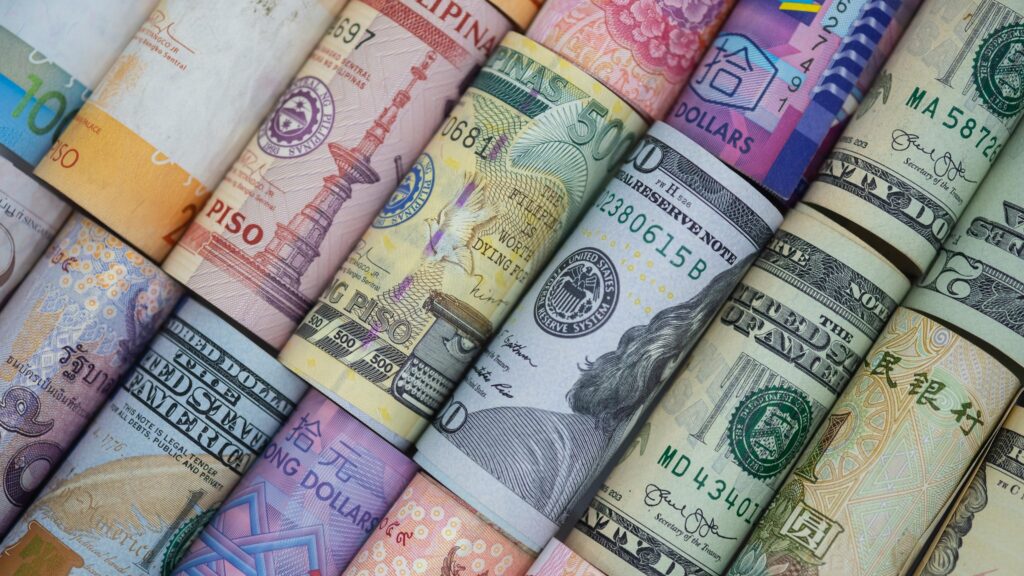
In conclusion, the shift towards a cashless society comes with complex challenges and potential pitfalls. While it offers convenience, it also raises concerns about privacy and exclusion, as demonstrated by India’s cash demonetization.
Striking a balance between cash and cashless options is essential to ensure that everyone can participate in the modern economy, regardless of their financial circumstances.
The information provided underscores that cash is not just a traditional form of payment; it continues to play a significant and relevant role in various aspects of society, from finance to privacy to public health. It’s a versatile and enduring tool that holds value for individuals and nations alike.
Never miss any important news. Subscribe to our newsletter.
Related News


British Investor Who Predicted US Slump Warns of Next Crash

I’m a Death Doula: 4 Reasons I Believe Death Isn’t the End


Tech to Reverse Climate Change & Revive Extinct Species

AI Unlocks the Brain’s Intelligence Pathways

XPENG Unveils Iron Robot with 60 Human-like Joints

Can AI Outsmart Humanity?

11 ChatGPT Prompts to Boost Your Personal Brand
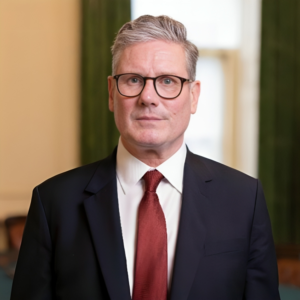
Keir Starmer Hints at Possible Tax Hikes on Asset Income
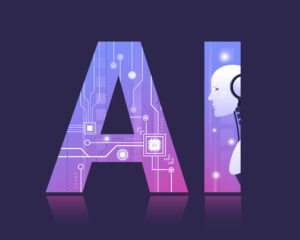
Navigating the Future of AI: Insights from Eric Schmidt
